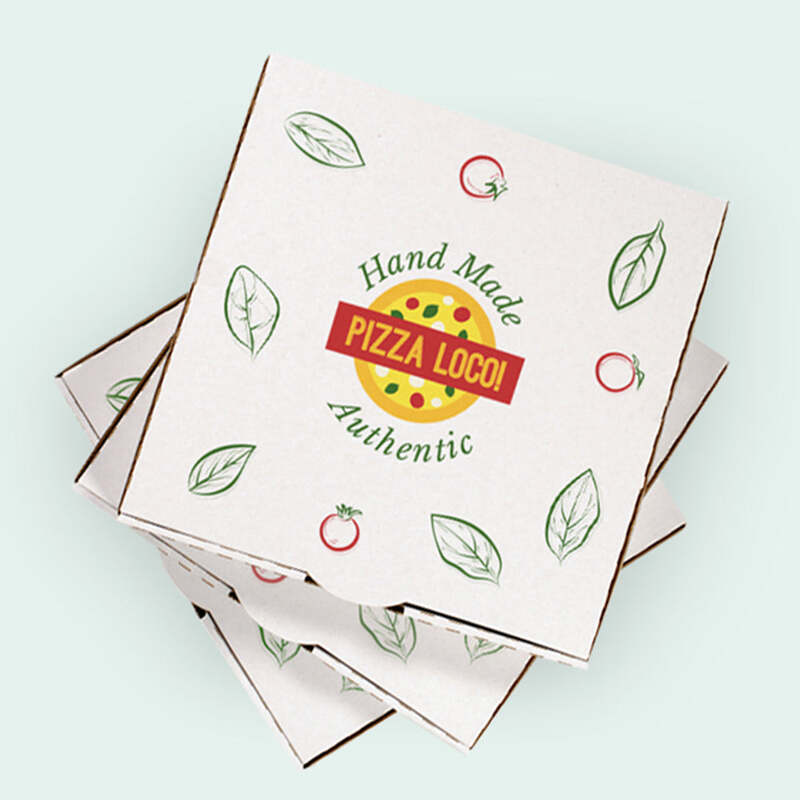The Environmental Impact of Takeaway Pizza Boxes
In recent years, the popularity of takeaway food has soared, with pizza being one of the top choices among consumers. As a staple of fast food, pizza has transcended geographical boundaries and transformed into a global phenomenon. However, alongside the growing demand for pizza, there arises a significant concern regarding the environmental impact of takeaway pizza boxes.
Takeaway pizza boxes are often made from cardboard, which is considered a recyclable material. Nevertheless, the recycling process is not as straightforward as one might hope. Many pizza boxes are contaminated with grease, cheese, and other food residues, making them unsuitable for recycling in many communities. Although some recycling facilities accept greasy pizza boxes, the majority still send them to landfills, contributing to the larger issue of waste management.
Landfills are not merely a solution to waste; they are a pressing environmental issue. As organic materials decompose in landfills, they produce methane, a potent greenhouse gas that contributes significantly to climate change. Interestingly, the Environmental Protection Agency (EPA) asserts that methane is over 25 times more effective than carbon dioxide at trapping heat in the atmosphere over a 100-year period. Therefore, reducing the number of pizza boxes in landfills could have a direct positive impact on our climate.
The production of cardboard itself also raises environmental concerns. The process involves cutting down trees, which further exacerbates deforestation. Forests play a crucial role in absorbing carbon dioxide from the atmosphere and providing habitats for countless species. Thus, the increase in pizza consumption inadvertently contributes to the destruction of these vital ecosystems.
takeaway pizza boxes

Recognizing the environmental impact of takeaway pizza boxes, many restaurants and consumers are beginning to adopt more sustainable practices. Some pizzerias have switched to using pizza boxes made from sustainable materials or incorporated design elements that make them easier to recycle. For example, the introduction of compostable pizza boxes has emerged as an innovative solution. Made from materials that can break down in composting environments, these boxes do not contribute to methane emissions when disposed of correctly.
Additionally, restaurants are encouraged to educate their customers about the importance of proper disposal and recycling of pizza boxes. By providing information on how to clean and recycle boxes properly, pizzerias can help reduce the amount of waste that ends up in landfills. Some establishments even offer incentives, such as discounts on future orders, for customers who return their used boxes for recycling.
On the consumer side, individuals can make a difference by being more mindful about their pizza consumption. Choosing dine-in options when possible, or using reusable containers instead of takeaway boxes, can drastically reduce waste. As environmental consciousness grows, more consumers are likely to support restaurants that prioritize sustainability.
Moreover, advancements in technology are paving the way for creative solutions to the pizza box conundrum. Several startups are exploring alternatives, such as edible pizza boxes made from ingredients like dough itself or other biodegradable materials. Although these solutions are still in their infancy, they show great promise in addressing the environmental issues associated with takeaway pizza.
In conclusion, the rise of takeaway pizza boxes presents both challenges and opportunities for sustainable practices. While the convenience of takeaway food is undeniable, so is its impact on the environment. By making conscious choices, educating consumers, and embracing innovative solutions, we can mitigate the adverse effects of pizza consumption on our planet. As pizza continues to be a favorite food for many, it is crucial that we balance enjoyment with responsibility, ensuring future generations can also savor this delightful dish without compromising the health of our environment. Taking action today can create a cleaner, greener world tomorrow—where pizza lovers can enjoy their slices guilt-free.



